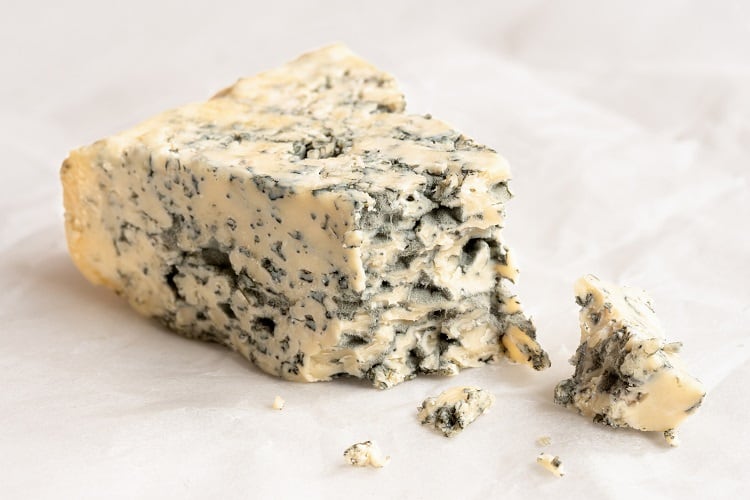Fungal strains are used in the manufacture of cheese, fermented meats, and plant-based food. These strains help provide the characteristic flavours, appearance (think of the blue-green veining in blue cheese) and features of these foods.
However today, such products are made from strains in cell banks which reproduce asexually, meaning they make copies of themselves. According to Myconeos – a start-up founded on fungal microbiological research from the University of Nottingham, UK – asexual reproduction means that strains are subject to genetic drift, prone to contamination, and can cause quality problems for manufacturers.
Myconeos is working to counteract these concerns with proprietary technology capable of sexually breeding fungi species, allowing for the creation of new strains with specific characteristics for the maturation and fermentation of food products.
Sexually breeding fungal strains
Fungal strains such as Penicillium and Aspergillus – used in the production and fermentation of dairy and soybeans respectively – were previously believed to be asexual. But by isolating these strains from both the environment and food production chains, Myconeos can analyse them (using classical and DNA approaches) and breed strains together. The start-up is also working with Fusarium.
“Our solution is to pioneer techniques and technologies that enable the sexual mating of fermentation strains,” Myconeos co-founder and CEO Richard Simpson told delegates at F&A Next, an event hosted by Rabobank, Wageningen University & Research, Anterra Capital and StartLife in the Netherlands this week.
The breeding technology produces ‘natural’ strains, the CEO stressed, ‘meaning no GMO, no CRISPR, nothing’.
“This allows us to create new natural strains with increased genetic diversity, allowing us to deliver resilient and adaptable fermentation strains for secure and sustainable food systems.”
To create the right conditions, the start-up considers factors such as partner compatibility, light, atmosphere, proximity, and targets high value characteristics in the progeny, he explained.
Myconeos has now developed a large-scale breeding programme with a fungi bank of more than 300 strains.
The fungi potential in food
The new strains of fungi can be used as small ‘biomanufacturing factories’ to produce unique natural fermentation strains and new food ingredients.
Myconeos also claims these new strains can be developed with ‘unique’ characteristics, such as new flavours, aromas, and improved textures, culminating in enhanced sensory characteristics of mould-ripened food products. “Furthermore,” added Simpson, “our natural fungal biofactories can contribute to sustainable food production through efficiently using waste and by-products.”
Myconeos sees opportunity for its strains to be used in cheese production, meat fermentation, and even plant-based products.
The start-up has already launched a range of ‘novel and unique’ Penicillium roqueforti strains for producers of blue cheese. “The strains of Penicillium roqueforti sold today were chosen for their performance in dairy products; we are working on breeding a new selection of strains designed to work to the same levels of performance in plant-based dairy,” noted the company. “These we hope will be available towards the end of 2023.”
Potential applications beyond food?
Myconeos is focused first and foremost on food. The company has partnered with a ‘major’ European culture house to improve its existing strain portfolio and has a project in the pipeline with a known tempeh producer. Using strains which first entered the market pre-1997 means they are not subject to Novel Foods regulation in the EU, nor the equivalent in the US.
The business is founded on a licensing model, the CEO explained. “Our expertise is in producing the strains, and we license those strains to people who want to use them.”
But this is ‘just the beginning of our journey’, we were told. “We [want] to speed up our partnerships and investment, especially in [technologies] like high-throughput screening and computational biology to help us unlock potential in plant-based foods, where our strains are key in producing innovative, better-quality products.”
While currently focusing on strains, in the future there is scope for Myconeos to expand its focus into metabolites produced by these fungal strains. At this point, Novel Foods regulations may become relevant.
“And there are some valuable mycotoxins that the strains produce as well, so [there are] potential opportunities that are wider than just food…”





